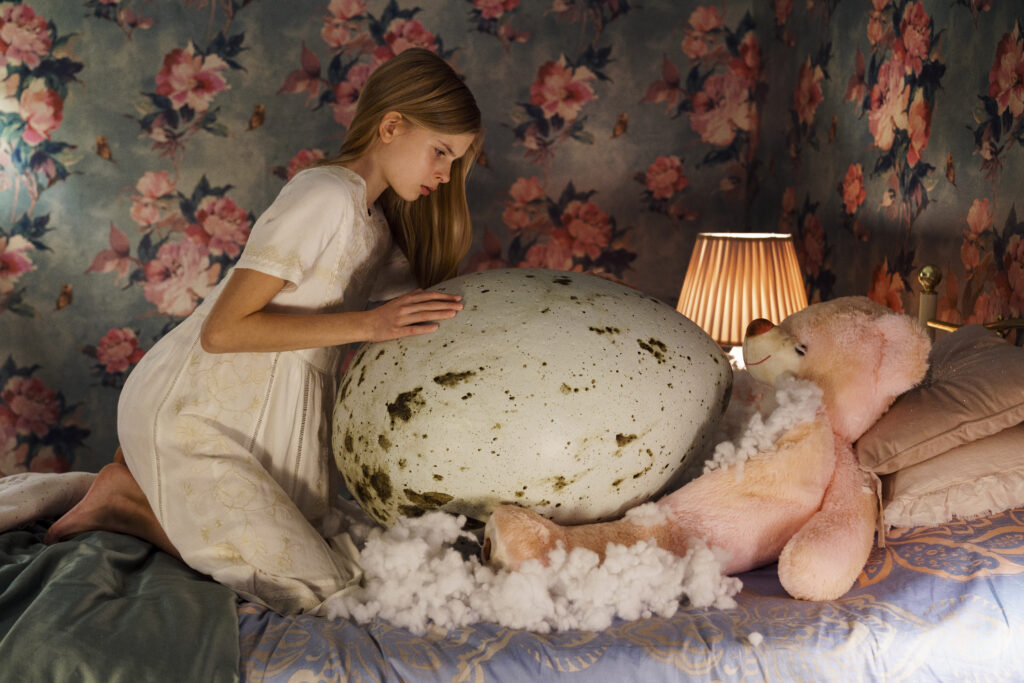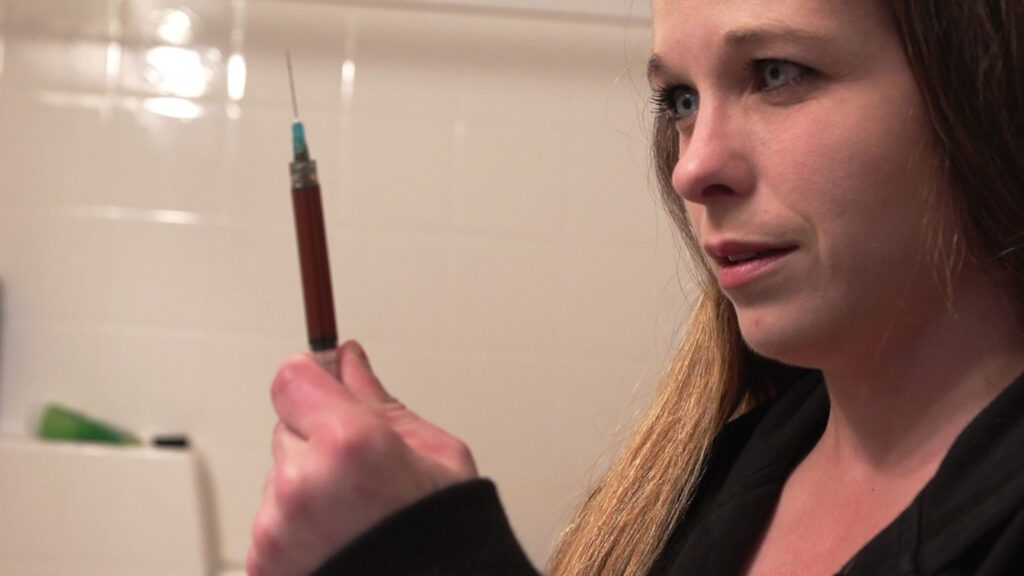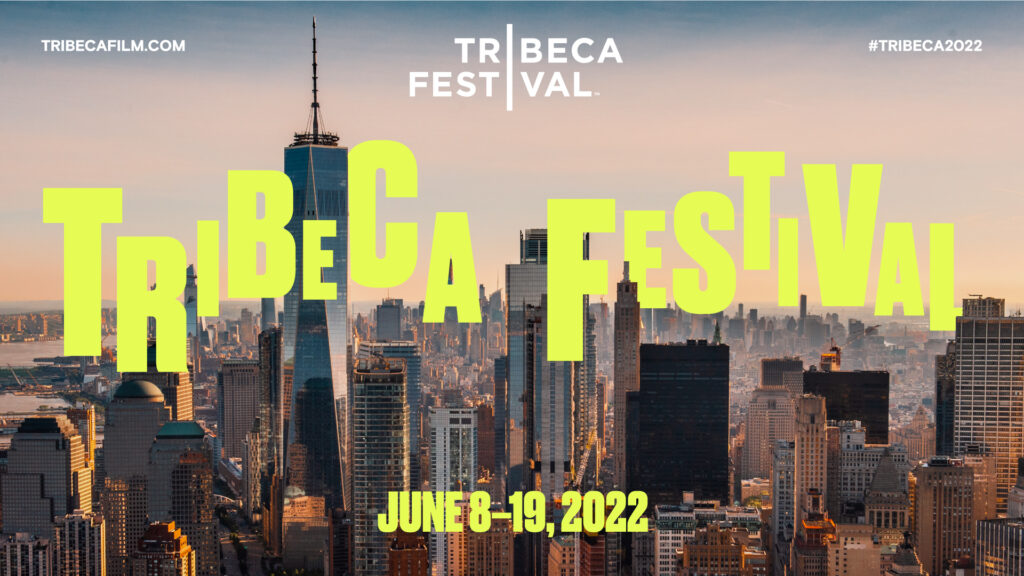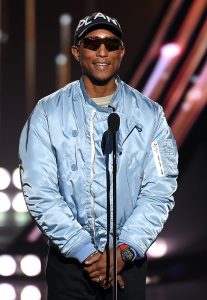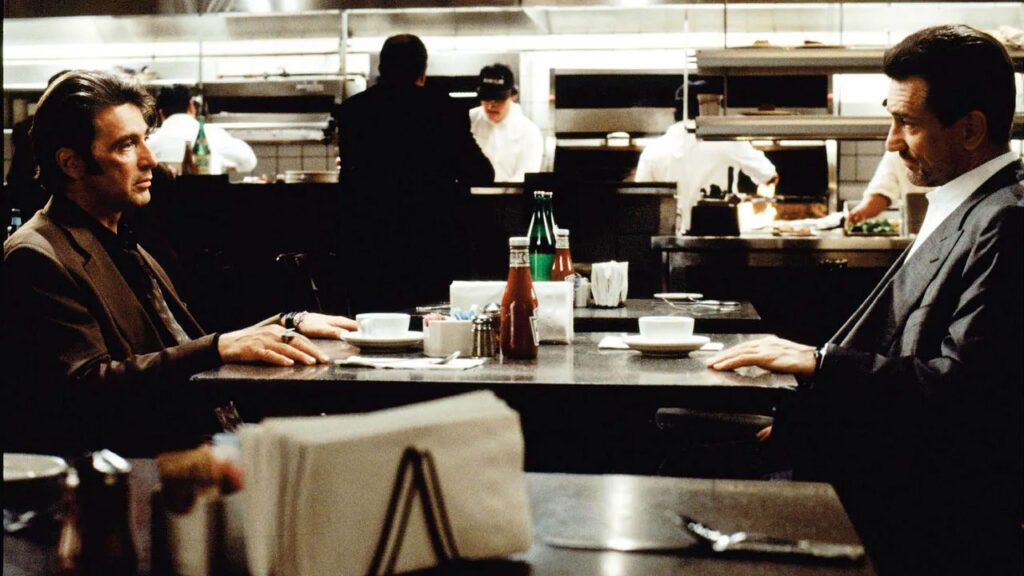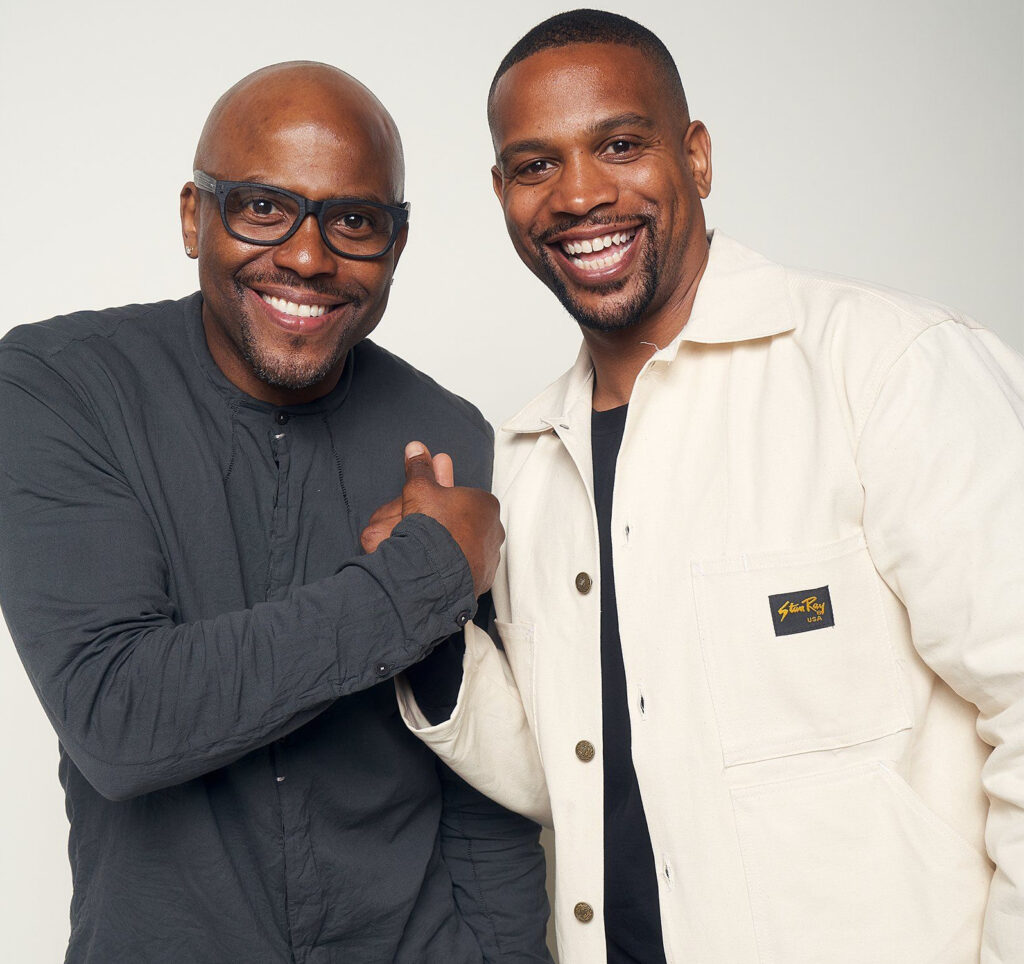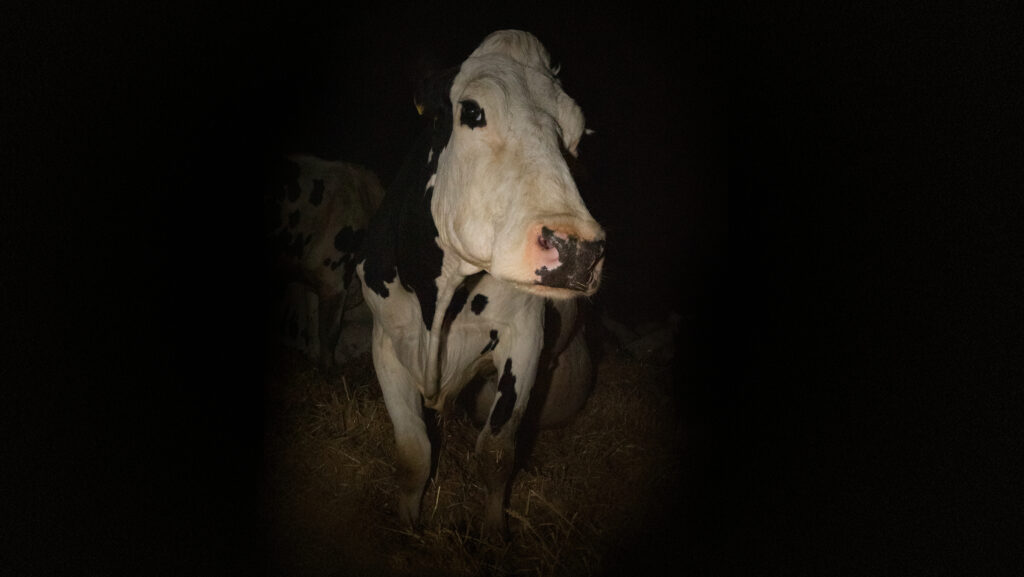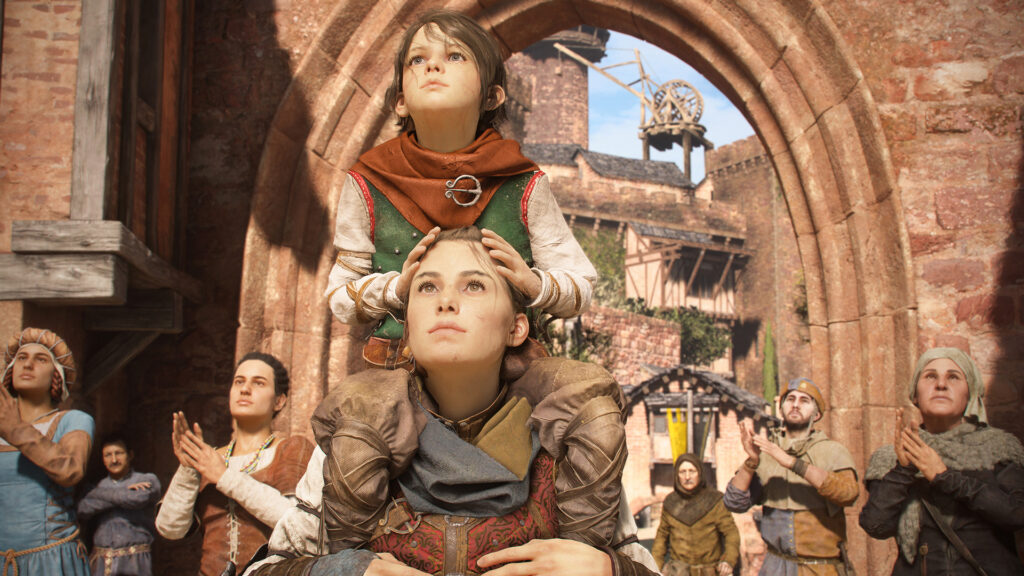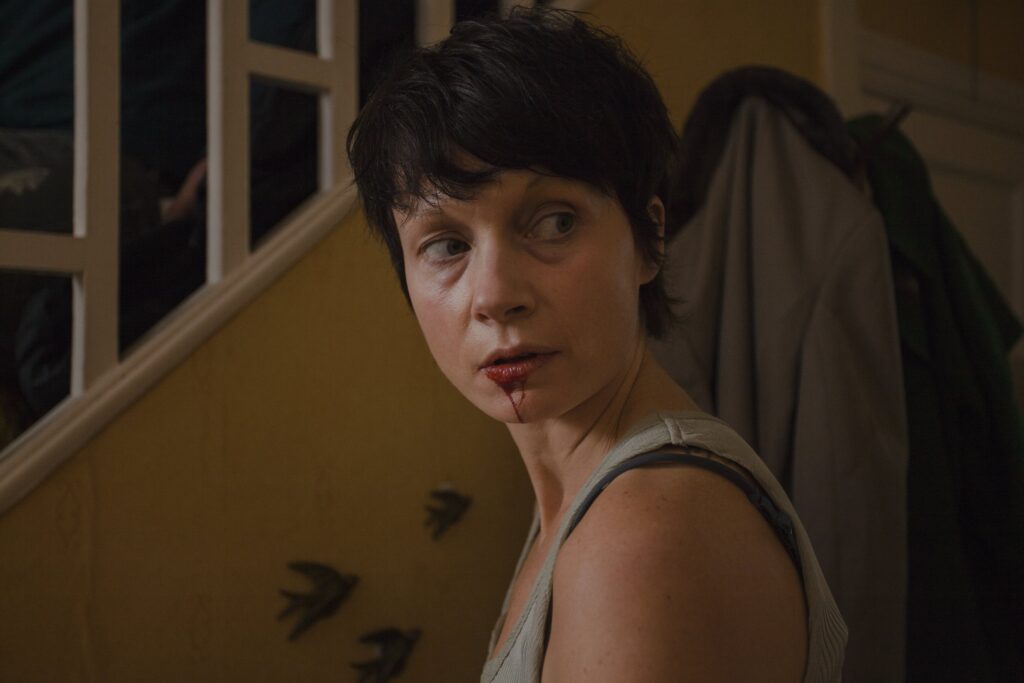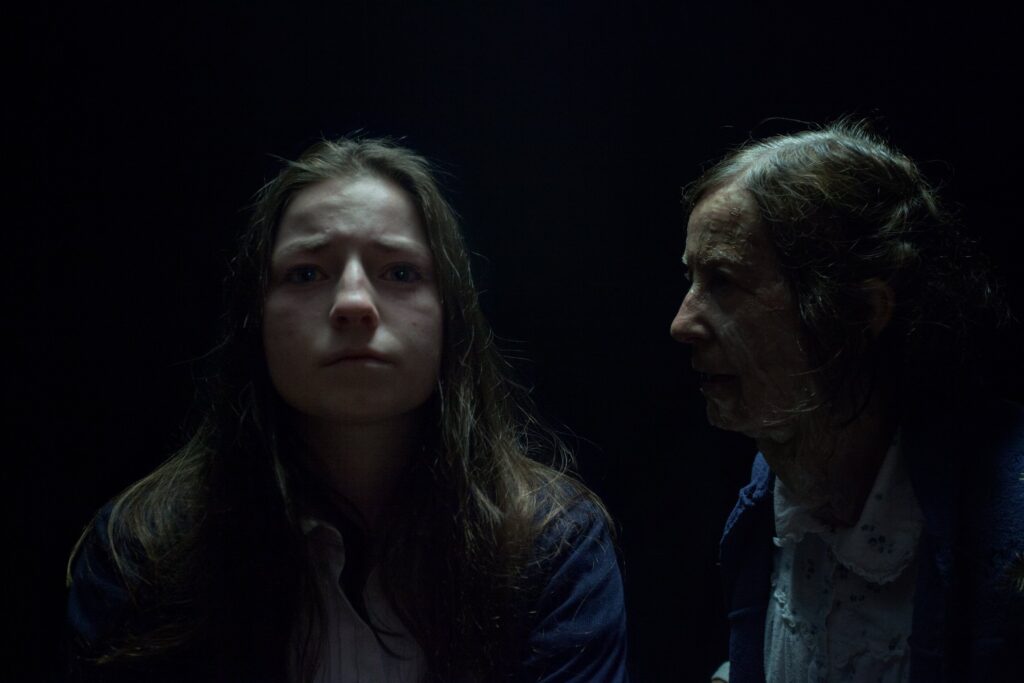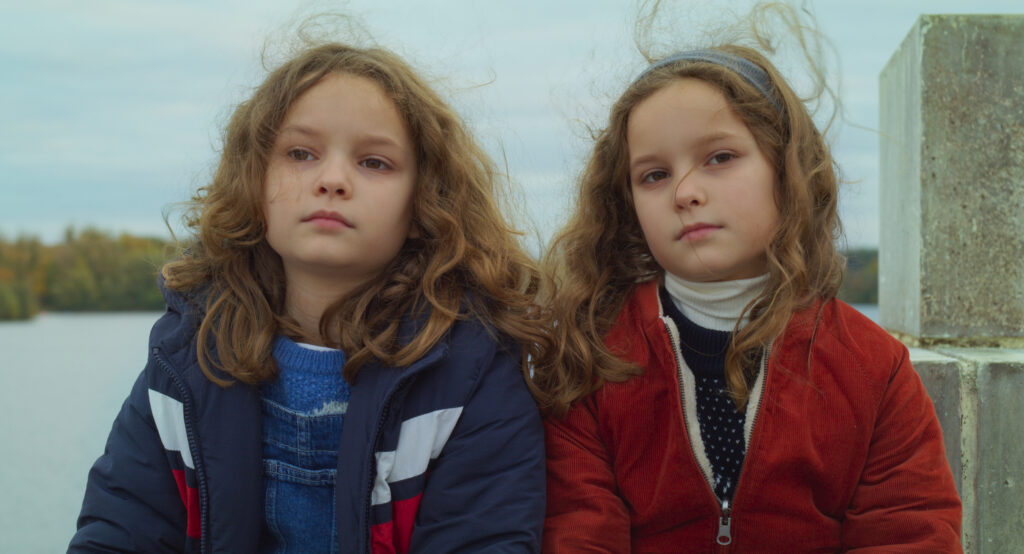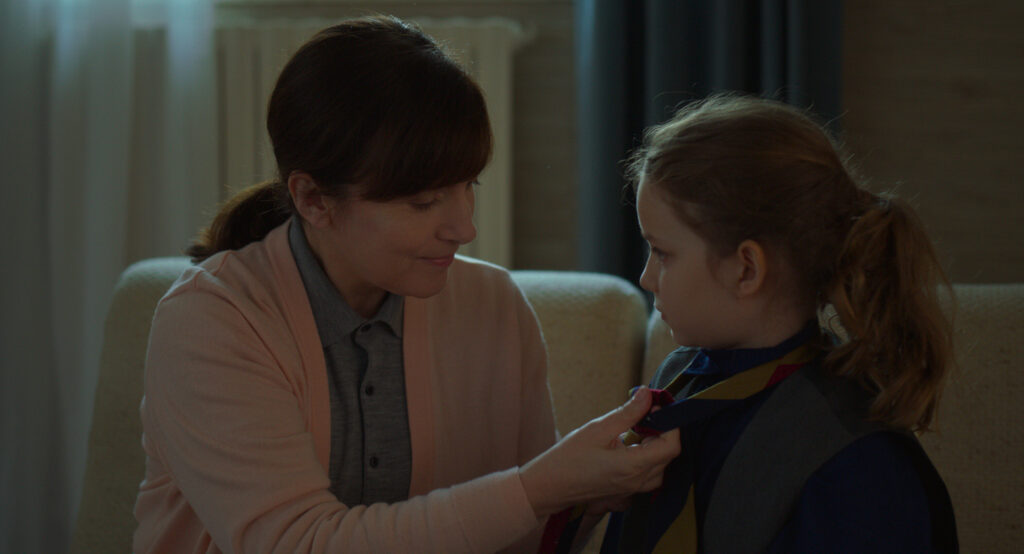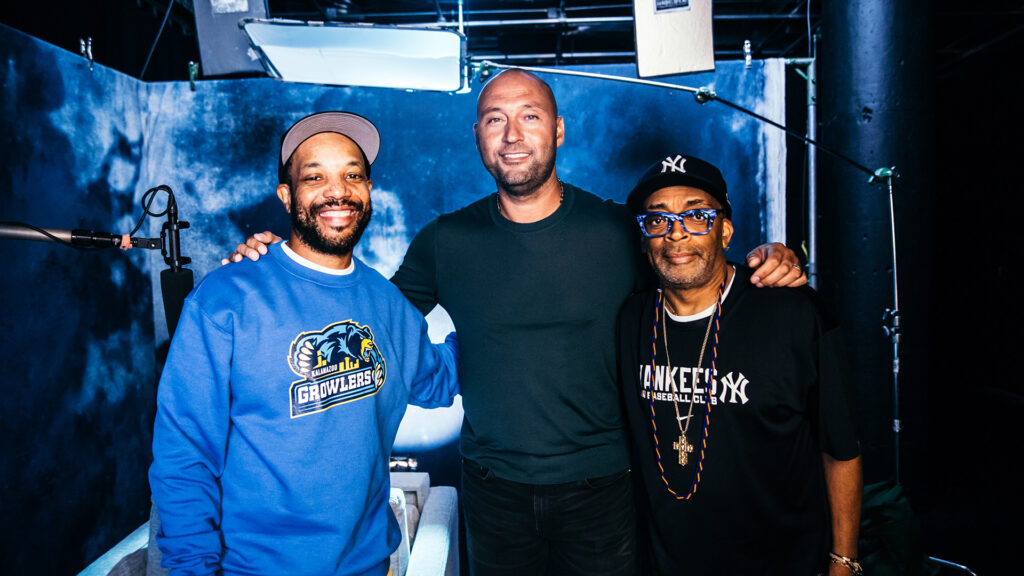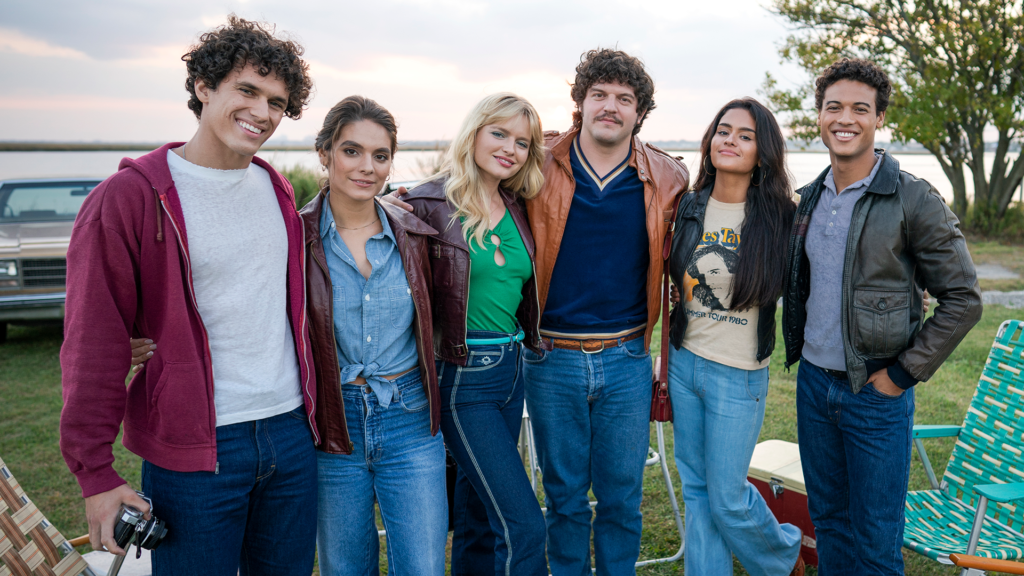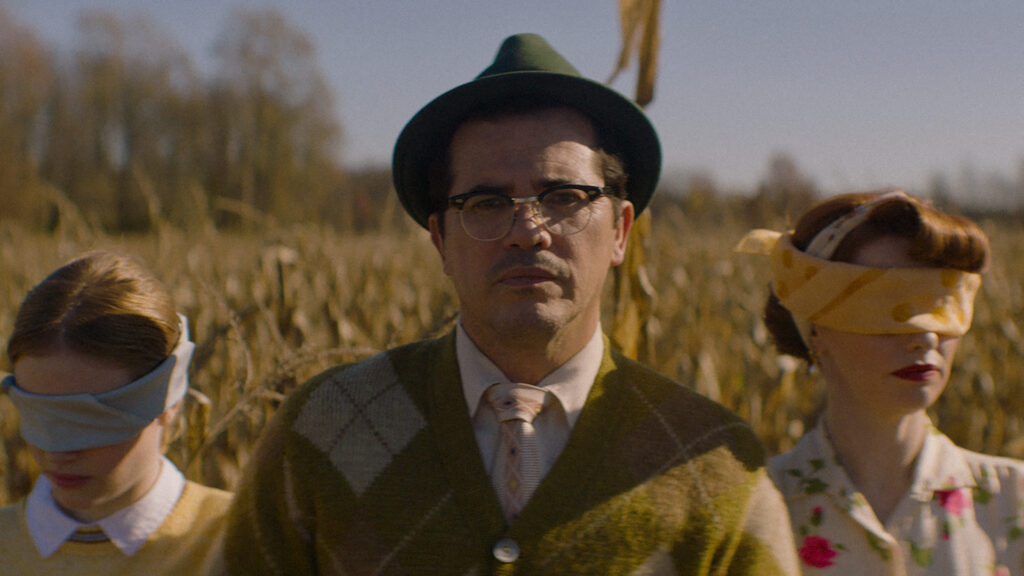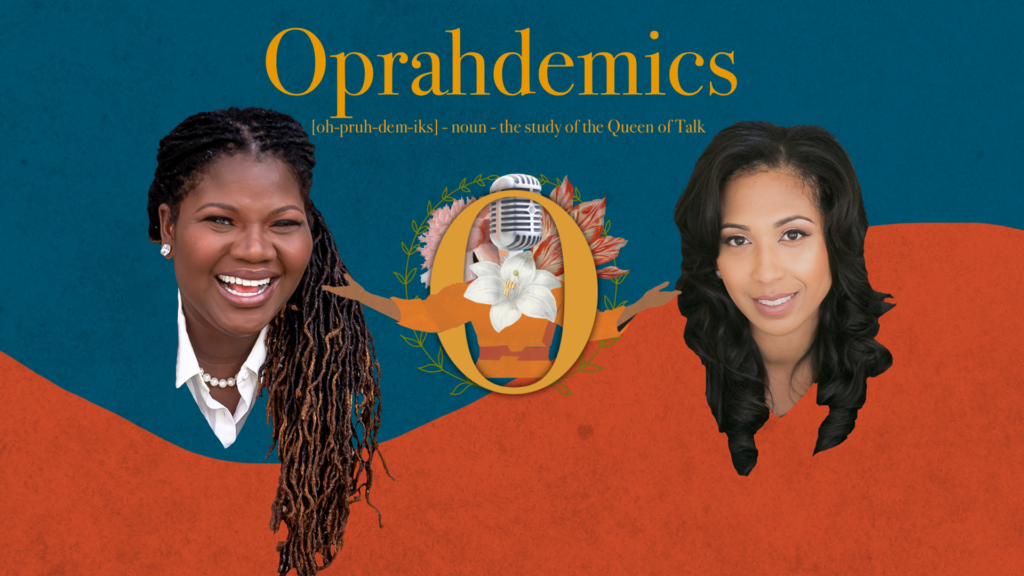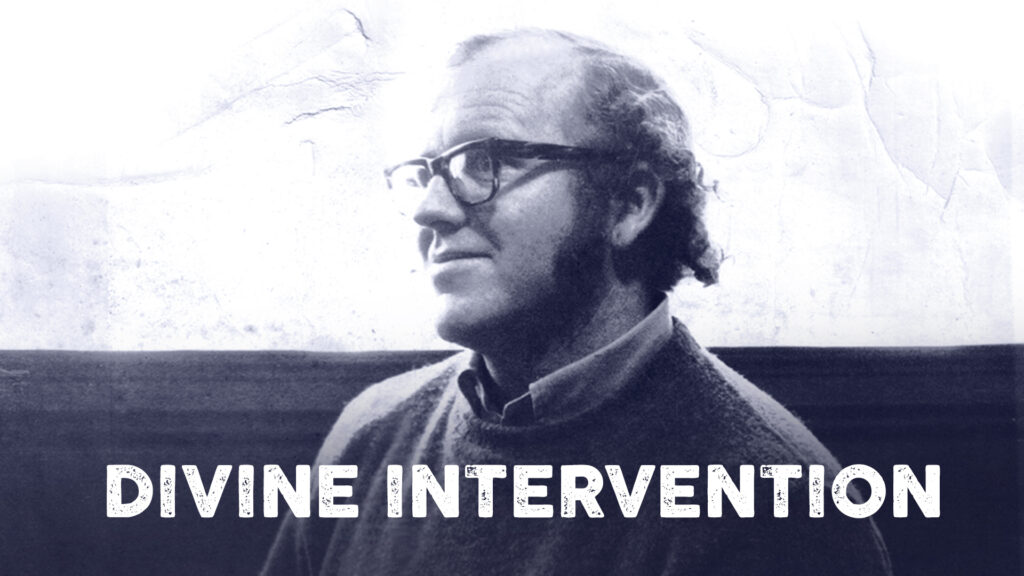May 27, 2022
by Carla Hay

Directed by Ninja Thyberg
Some language in Swedish with subtitles
Culture Representation: Taking place in 2018 in the Los Angeles area, the dramatic film “Pleasure” features a predominantly white cast of characters (with a few African Americans) representing the working-class and middle-class.
Culture Clash: A Swedish immigrant, who is 19 years old, moves to Los Angeles to become a porn star, and she finds out how far she’s willing to go to fulfill that goal.
Culture Audience: “Pleasure” will appeal primarily to viewers who are interested in very adult-oriented and voyeuristic-styled stories about people obsessed with pursuing fame and fortune.

“Pleasure” takes a raw and realistic look at what women who want to be porn stars have to do to “make it” in adult entertainment. The movie’s ironic title comes from showing that the business of pleasure comes at a cost of emotional pain to the performers. Needless to say, “Pleasure” is not a movie for people who are easily offended by explicit sexual content or who are too young for this subject matter. Writer/director Ninja Thyberg makes a bold and uncompromising feature-film debut with “Pleasure,” which doesn’t sugarcoat the damage (sometimes self-inflicted) caused by being exploited in the porn industry. “Pleasure” made the rounds at some film festivals in 2021, including the Sundance Film Festival (where the movie had its world premiere), the Cannes Film Festival and AFI Fest.
Thyberg (who co-wrote the “Pleasure” screenplay with Peter Modestij) is Swedish, and so is the protagonist of “Pleasure”: a 19-year-old woman whose porn name is Bella Cherry (played by Sofia Kappel), but her real name is Linnéa. Only a few people in the story know Bella’s real name. She wants everyone in her porn life to call her Bella, because she is fixated on reinventing herself as a porn star. “Pleasure,” which takes place over the course of less than six months, is about Bella’s attempts to accomplish that goal.
Viewers will find out very little about Bella’s life before she moved to Los Angeles. The fact that Thyberg and Bella are both Swedish is an interesting creative choice, because it makes Bella’s story not only a story about an aspiring porn actress but also an immigrant story. In either case, Bella is an outsider who strives to be accepted into a culture where people have been in the culture a lot longer than she has. Kappel, who is also Swedish, makes a memorable feature-film debut in her role as Bella. Kappel’s performance is what keeps “Pleasure” interesting because of how authentically she portrays all the emotions that Bella goes through in the movie.
The movie opens with Bella being questioned at an airport customs area in the United States, where she is asked if she’s visiting for business or pleasure. Based on the title of this movie, it’s easy to predict Bella’s answer. Viewers later find out that Bella has lied to her mother about why she’s going to Los Angeles. She’s told her mother that her trip is because she got an internship at a sponsoring company whose industry is not mentioned in the movie. If Bella has any other family members, then they’re not mentioned in the movie either.
Bella’s mother has no idea that Bella actually financed the trip herself with one purpose in mind: to become a porn star and to get a work visa so that she can stay in America. Bella is living in a non-descript, somewhat shabby place that’s called a house for models, but the four or five female models who live there are really actresses in adult entertainment. Most are in their 20s, but one woman is over the age of 30.
One of these housemates is Joy (played by Zelda Morrison, also known Revika Reustle), who is in her 20s. Joy becomes Bella’s closest friend in Los Angeles. At one point, Joy and Bella tell each other their real first names and a little bit more of their backgrounds. Joy’s real name is Katie, and she’s originally from Florida.
Joy also cheerfully describes herself this way: “I do everything. I’m a whore.” Very little is revealed about Joy’s background, except she mentions that most people in her life have disappointed her or betrayed her. Joy is looking for a true friend in Bella, who likes Joy too, but Bella is more guarded about how close she wants to be to anyone else in the house.
Another woman in the house is a longtime porn actress named Ashley (played by Dana DeArmond), who is in her late 30s or early 40s. Ashley is very aware that she’s in an age group where women become less employable in porn, so she has to start thinking about other ways to make money. Another housemate is named Kimberly (played by Kendra Spade), who doesn’t say much and has a small role in the movie. On the night of Ashley’s birthday, Ashley and the other women in the house celebrate by getting drunk, smoking some marijuana, and heading out to a private party attended by other people in the adult entertainment industry.
“Pleasure” skips over a lot of details about what happened to Bella from the time that she arrived at the airport in Los Angeles to the time she does her first sex scene in a porn movie. It’s never shown how Bella ended up living in the house, which is occupied by women (including Bella), who all have the same agent. His name is Mike (played by Jason Toler), who actually is not a predator but who is someone who treats his clients with a decent amount of respect. However, as Bella later finds out, Mike has no use for clients who are hopelessly naïve about the type of work required in porn. Mike also doesn’t like it when people make promises that they can’t keep.
Bella’s first sex scene in a porn movie (which is filmed at a house) shows how she has a mixture of real and false confidence in how she wants to do this work. Before she starts filming the scene, she does a required video interview with a “jack of all trades” porn worker named Bear (played by Chris Cock), who acts as a camera operator, human resources supervisor and a porn actor—sometimes all on the same day. Bear is an easygoing person who has a secret that Bella finds out later in the movie. Bear’s secret isn’t shocking, but it’s surprising to Bella.
In the video interview, which is done for legal reasons, Bella has to show proof that she’s at least 18 years old by showing her ID. She says she was born on April 27, 1999, and she holds that day’s newspaper up to prove the date that she made this video. The video interview also includes Bella consenting to whatever she ends up doing on camera. In addition, she has to sign release forms and other legal paperwork related to making this porn movie. She does all of these procedures with self-assurance and no hesitation.
Even though Bella claims that her biggest goal in life is to be a porn star, she gets nervous and scared before her first sex scene, where she will be performing different sex acts with a flabby man named Brian (played by John Strong), who appears to be in his late 40s to early 50s. It’s one of many examples of “Pleasure” showing the double standard in the physical appearances of men and women performers who get hired to do porn movies. Unless the porn movie is about a specific fetish for big women, the women in professional porn movies are rarely allowed to be pudgy, overweight or over the age of 50, while men are allowed to be a variety of ages and body types.
Sensing her hesitation, the director Axel Braun (playing a version of himself) tells Bella that she has “stage fright.” Bella says, “I feel so stupid.” The director then tells her, “You just overcome it and push past it. But no pressure.” He then adds to convince her to do the scene: “I need you to be a little shy,” since the scene is about a virginal young woman being “seduced” by an older man.
After Bella finishes her scenes in the movie, she proudly takes photos of herself with semen all over her face and posts the photos on her social media, to announce to the world that she is now officially a porn actress. Later, Bella relaxes near the house swimming pool with Bear and Axel. She asks the director for advice on how to become a successful porn star. He tells her, “Just look like you’re enjoying yourself.”
Later, when Bear gives her a car ride, he asks her why she moved all the way from Sweden to become a porn star. Bella replies: “I’m out here because I just want to fuck. And Swedes, they just suck. They’re boring. They enjoy feeling sorry for themselves.”
Despite this display of arrogance, Bella still shows how young and naïve she is when she expresses surprise after Bear (who is African American) tells her that interracial sex scenes in porn are considered more taboo and more “deviant” than almost any other sex acts. When Bella tells Bear that this attitude sounds racist, he bluntly tells her that it is, but it’s reality. Bella says that if the opportunity came up, she wouldn’t mind doing a sex scene with Bear, who tells her that he will be there for her if she ever needs advice or help.
In an early scene in the movie, Bella also says that she’s open to any sex with a man or a woman on camera, except for anal sex. It’s another an example of how clueless Bella is if she thinks she can become a major porn star without doing anal sex on camera. It’s not long before she finds out that she’ll have to willingly change her “no anal sex on camera” rule if she wants to be a porn star.
The most sought-after porn agent in Los Angeles County is a sleazy-looking, middle-aged schlump named Mark Spiegler, playing a version of himself. “Pleasure” has several cast members who are in the adult entertainment industry in real life, including Mick Blue, Xander Corvus, Chanel Preston, Small Hands, Abella Danger and Ryan Mclane. Some are playing versions of themselves with the same names, while others are playing fictional characters with different names. It’s repeated several times in “Pleasure” that the actresses who work for Mark, who are often called Mark Spiegler Girls, are among the highest-paid in porn, because they are willing to do extreme sex acts on camera.
It should come as no surprise that Bella and Joy want Mark to be their agent. On the night of Ashley’s birthday, the women housemates head to a private party at a mansion, where they look on enviously outside the party, as Mark and his entourage are treated like porn royalty. Bella sees Bear outside as he’s about to go inside the mansion. Bella approaches Bear with a hug and a smile, and she uses him to gain admission, while leaving her housemates outside to figure out on their own how to get into the party. It’s the first sign that Bella will place her own needs above loyalty to any of her friends.
The other housemates end up getting access to the party, which has a special roped-off section reserved just for Mark and his entourage. Once inside the party, Joy and Bella try to figure out a way to get access to Mark. But in the meantime, Joy (who’s very drunk) gets somewhat giddy and star-struck when she sees a good-looking porn star named Caesar (played by Lance Hart), whom she finds very attractive.
Not long after eying Caesar from afar, Joy goes up to Caesar (who is talking in a group of people), and tries to flirt with him, but he calls her “trashy” and essentially dismisses her. An insulted Joy yells at Caesar and then pushes Caesar into a nearby pool. Joy, Bella and the rest of the housemates are kicked out of the party. There are repercussions to this incident that are shown later in the movie.
Joy has a quick temper, but she also has a very generous side, such as being willing to help the less-experienced Bella in many aspects of adult entertainment, including how to pose in photo shoots. At one such photo shoot, Joy and Bella meet a porn model/actress named Ava (played by Evelyn Claire), who is as standoffish as she is pretty. Ava has this snooty response when Joy tries to strike up a friendly conversation with her: “I’m not here to make friends. I’m here to work.” Ava also plays a big role in a major turning point in Bella’s journey in the porn industry.
People often hear that in the porn industry, female entertainers are generally paid more than male entertainers. But what “Pleasure” shows in no uncertain terms is that women in porn are degraded on camera much more than men in porn. Men are also usually the people in control of directing and owning the porn content. And the business owners (who are almost always men) of porn are really the ones who profit the most from porn. In other words, as much as some women can claim that doing porn is “empowering” for women, the reality is that porn is mainly controlled and dominated by men, who have most of the power in porn.
During the course of Bella’s experiences in porn, almost all the directors, crew members and photographers who tell her what to do are men. If there are any female crew members on the movie set or photo shoot, they have stereotypical non-supervisor roles of doing hair and makeup. On the rare occasion that Bella works with a female director (Aiden Starr, playing a version of herself), “Pleasure” shows how differently Bella is treated on the set of a porn movie directed by a woman. The process is more collaborative, and more care is taken to check in on Bella’s safety and what she’s willing or not willing to do on camera.
Most of all, “Pleasure” isn’t so much about the sex acts that are done in the movie. It’s about how blind ambition can chip away at someone’s self-worth and soul in an all-consuming quest for fame. At one point, Bella becomes so desperate, she offers to do porn for free.
There are moments in “Pleasure” when Bella trusts her instincts and knows that she’s doing things that she doesn’t really want to do in these porn movies, but she’s made to feel guilty by people telling her in various ways that if she hesitates, she’s being “unprofessional” and “immature” and “not ready” to be a porn star. And if she hesitates, she’s also put on a guilt trip (usually by the male director) about how her hesitation can cost everyone money on this movie production. Bella begins to experience more self-doubt, which further fuels any insecurities she already had.
At the same time, “Pleasure” doesn’t let Bella off the hook either, because she often brags to people that she’ll do whatever it takes to become a porn star. But when she’s expected to do “whatever it takes,” she sometimes backtracks. And that should be her right. However, “Pleasure” shows (without passing judgment) that a lot of people who think they can handle doing porn (and the repercussions that come with it) really are not emotionally equipped to handle it at all. Bella changes her mind about a lot of her “boundaries,” which is realistic for anyone who wants to become a porn star as badly as she does.
People who pay attention and notice if a movie has a “male gaze” or “female gaze” will notice that “Pleasure” can be considered a “female gaze” film. Full-frontal female nudity in “Pleasure” is rarely shown in the sex scenes, but male full-frontal nudity is shown more often. Female genitals are shown in the context of things other than sex, such as when Bella is shaving her vagina. The movie’s sex scenes show suggestions of what’s happening, but not actual penetration.
And although the scenes involving degradation and exploitation will be very difficult to watch for many viewers, “Pleasure” ultimately shows that in every situation, Bella does have the option to stop. This isn’t rape, forced prostitution or sex trafficking, but “Pleasure” shows how dangerously close the porn industry comes to taking away consent when pressuring people into doing things they feel hesitant about doing.
As realistic as “Pleasure” is in many aspects, the movie is a not a comprehensively accurate movie in how it depicts the porn industry. For example, issues regarding sexually transmitted diseases and rampant drug/alcohol abuse are barely mentioned or not mentioned at all. In real life, porn performers who do sex acts with people on camera are quick to tell people that they regularly get tested for STDs before being allowed to work in professional porn jobs. None of this STD testing is shown or mentioned in “Pleasure.” And neither is the porn occupational hazard of addictions to drugs and alcohol.
Bella is also a blank slate when it comes to her motivations in becoming a porn star. The only slight insight that the movie shows is when an emotionally bruised Bella has a phone conversation with her mother. In this conversation, Bella seems to want to go back to Sweden, without telling her mother the real reason why.
Bella tries to blame it on the people in Los Angeles, but her mother (voiced by Eva Melander) comments that Bella needs to face whatever problems she’s having in Los Angeles, because there will be difficult people no matter where she lives. Bella’s mother also mentions that Bella had similar complaints about the people in Sweden. This conversation reveals that Bella thought she’d be happier if she reinvented herself in another country, but she’s finding out that she can’t find happiness in superficial ways if she’s still unhappy within herself.
“Pleasure” is not going to be enjoyed by people who expect morality preaching about porn. Some viewers might also be disappointed if they expect “Pleasure” to have a very clear and definable ending. Bella’s ambivalence and contradictions about how far she’s willing to go are very realistic of people who do porn but who do not have a strong sense of who they really are. Porn might be an extremely risky way to find fame, but “Pleasure” shows how a fame-chasing mindset in any profession can lead to cutthroat acts of exploitation and degradation.
Neon released “Pleasure” in select U.S. cinemas on May 13, 2022. The movie is set for release on digital, VOD, Blu-ray and DVD on June 21, 2022. “Pleasure” was released in Sweden in 2021.

